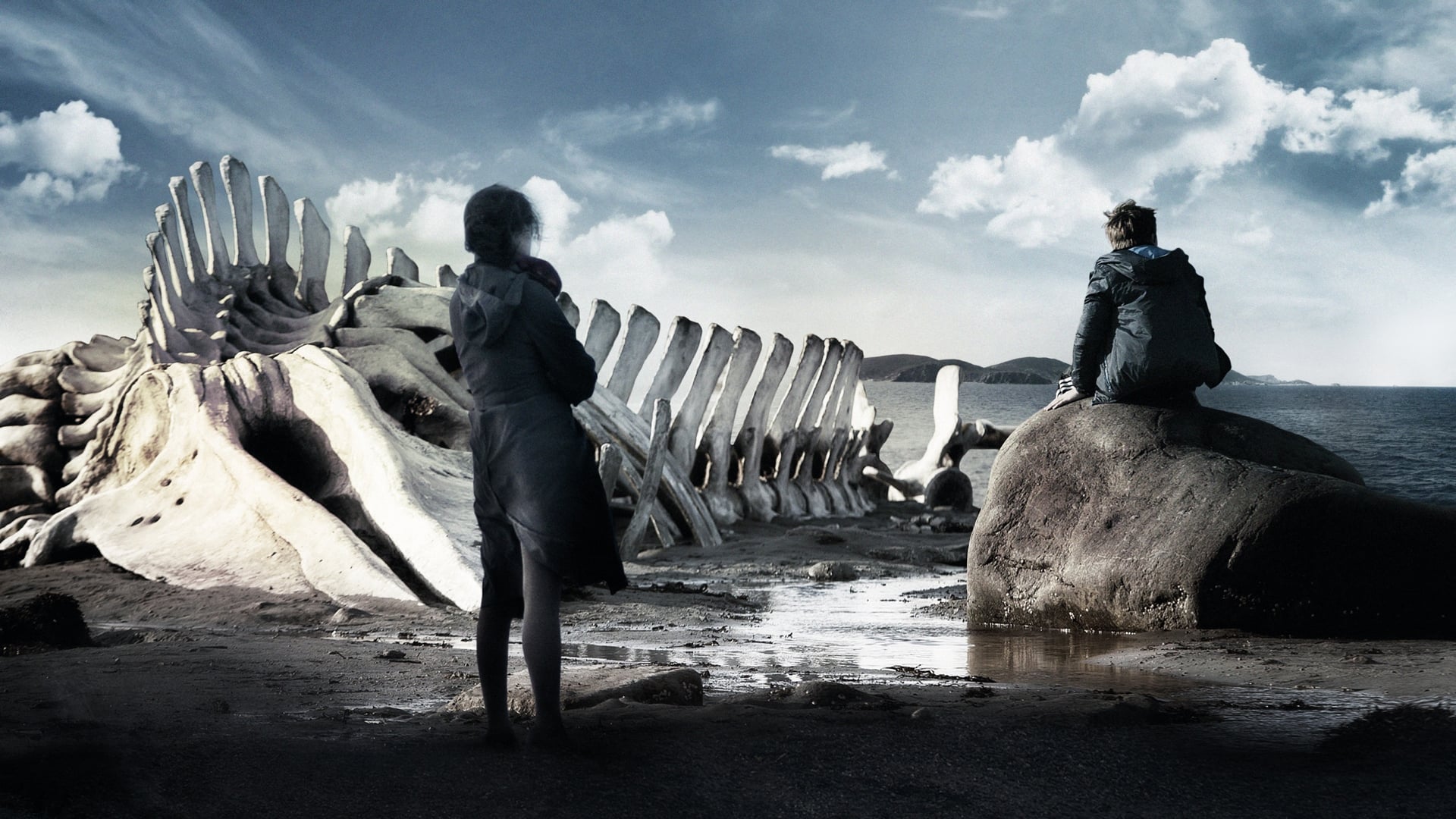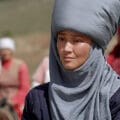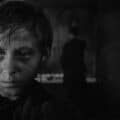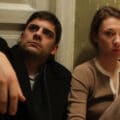Leviathan (2014; Левиафан) is a powerful film that lives up to its theological title. The film stars well-known actors who participated in director Andrey Zviaginstev’s other pictures, namely Aleksey Serebryakov, Elena Lyadova, and Roman Madyanov. Zviaginstev is known for his landscape-heavy film style in which the sublime seems to play its own character. This can be seen in his other features, namely The Return (2003) and Loveless (2017). Leviathan has received an outstanding reception and has accumulated a total of 52 nominations and 38 total award wins internationally since its release in 2014. Most notably, it was nominated for best foreign language film of the year at the Oscars and BAFTA awards in 2015. The film boasts outstanding reviews from The New York Times and was quoted by the BFA as giving a “worm’s eye view” of the oppressive power exerted by the Russian government.
Leviathan (2014) is a film that follows the plight of Kolya, a fisherman, in the battle against a corrupt local mayor, Nadim, who seeks to seize Koya’s ancestral home to build a new church for the community. As in Zviaginstev’s other films, most notably The Return (2003) and Loveless (2017), the natural landscape seems to function as a language of its own. Leviathan begins and ends with dramatic, wide shots of the ocean, creating a sense of balance and monotony. Like the unchanged landscape, the efforts of Kolya and his family to save their home are futile: nothing changes, making this somewhat reminiscent of Chekhov’s Cherry Orchard, but in a modern story and plot.
Throughout the film, Zviaginstev’s wide landscape shots also seem to swallow our main characters, silencing their sorrows and drowning them beneath arctic imagery. The film also includes several interesting parallels to contemporary Russian politics at the time, most notably the 2012 Pussy Riot trials where Nadezhda Tolokonnikova, Maria Alyokhina, and Yekaterina Samusevich were charged with “hooliganism motivated by religious hatred”. A reference to this trial is made at the end of the film when the orthodox priest mentions in the service: “We are the church, ours is the truth, our prayers get answered, not those of blasphemers capering about the altar.” A reference to such a well-known and controversial trial establishes the relevance of the film: the struggles of Kolya and his family are not a singular occurrence.
An intermediate student of Russian has a lot to learn from Leviathan. The film is complex, but the storyline can be easily followed and english subtitles are available. The film dives deep into the existing corruption on a local scale in Russia and is important to understanding the contemporary struggles, nuances, and intricacies of the modern Russian state.
Official Leviathan Trailer:










